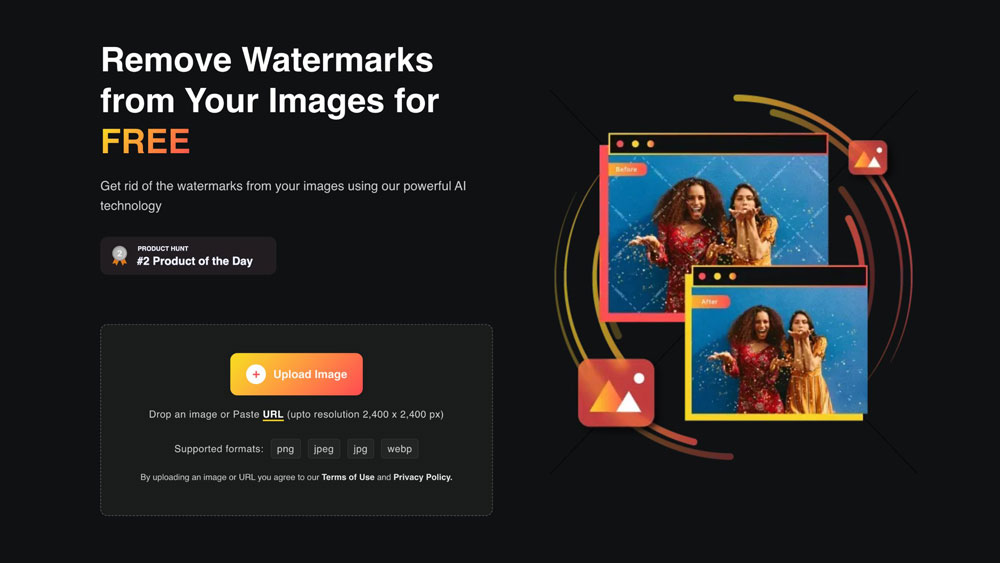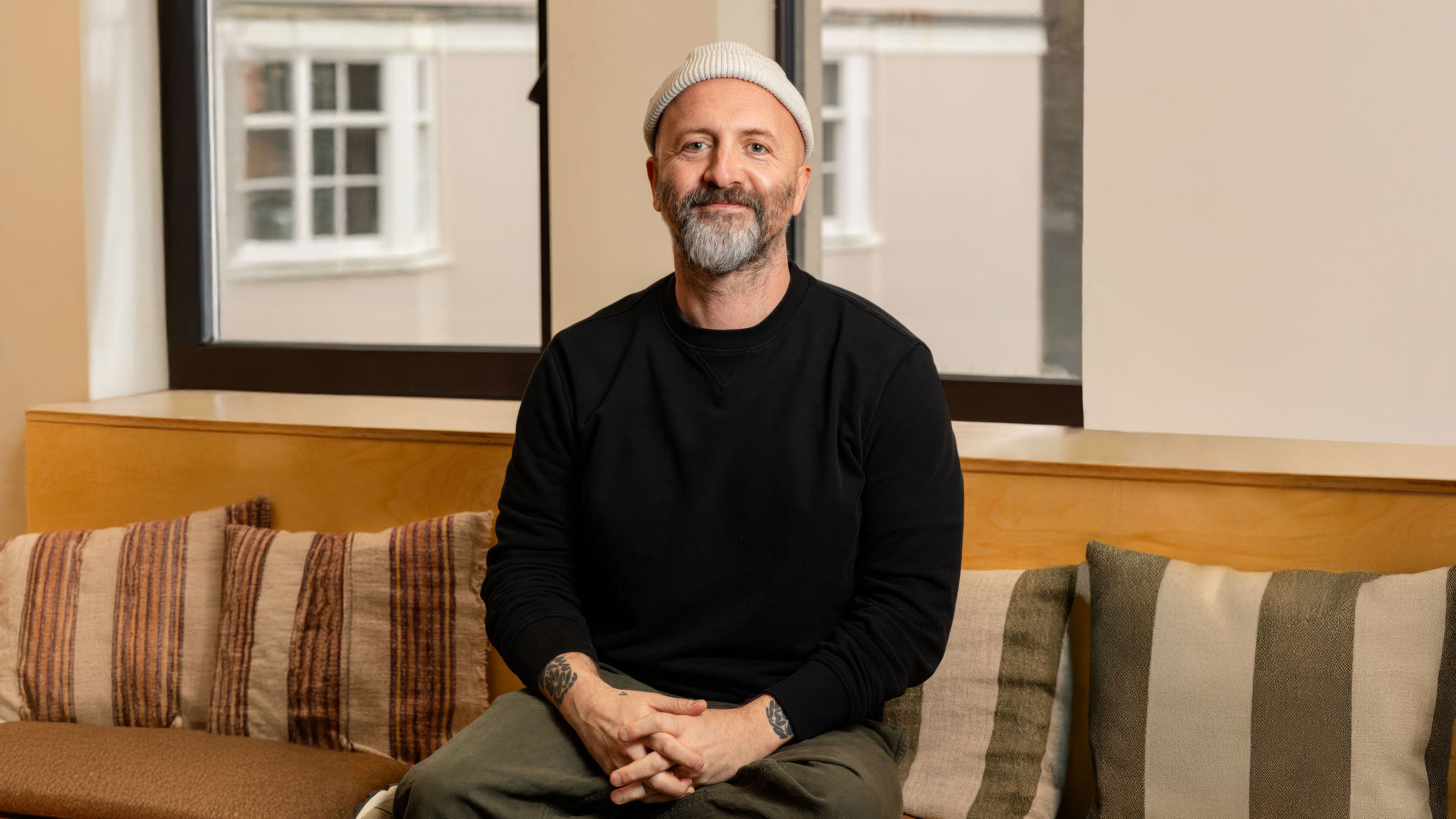This new AI photo watermark remover is worrying
It's a legal app, with many illegal use cases.
AI is causing all sorts of trouble for the creative community, with stealing from human artists being just one of the major issues. But a new service that's appeared on Product Hunt is a nightmare for copyright in a different way, because this technology, named WatermarkRemover.io, promises to remove watermarks from photos for free.
When a photo is out in the wild online, watermarks are often the only thing protecting a photographer's work. So the advent of a free tool that can remove them is extremely worrying for the creative community – and leads to many questions about what the future holds for the regulation of AI technology. This certainly won't be added to our list of the best photo apps any time soon.
I really don't understand anymore.Where are we heading? pic.twitter.com/ALzHDFNZ4AJanuary 24, 2023
The Product Hunt page was shared by well-known designer Tobias van Schneider on Twitter, with the comment "I really don't understand anymore. Where are we heading?", and has led to dozens of artists and designers incredulously examining the situation.
As van Schneider states, the ability to do this is a fairly simple part of the technology that now exists. Just as you can erase unwanted objects or people from the background of your photos with the content-aware tool on Photoshop, or the magic eraser on Google Pixel phones, the AI fills in the gaps left by the unwanted portion of the photo – and in the case of this tool, that's a watermark.
But is this legal? Well, removing a watermark without the original owner's consent is illegal in the US, according to the US Copyright Section Act 1202. So unless you have that consent, using this tool isn't going to be legal in many cases. But the legalities around the situation are murky depending on where you're situated and what you're using it for. (Note: We aren't here to give legal advice.)

As the tool itself isn't illegal, the onus is on the user to abide by the rules so the maker of the app is unconcerned. Within the comments section of the product, they said: "Given the freedom to remove watermarks, we suggest that our users to not remove watermarks from the images for commercial use. However using images without watermark for personal use is totally acceptable."
Added to that, the FAQs on the website state that users shouldn't "remove copyrighted images' watermarks" and that you need to get the permission of the original owner before removing any watermark before using it for commercial use.
Daily design news, reviews, how-tos and more, as picked by the editors.
Something sits strangely, then, as the above video proudly shows off how the tool wipes away the multiple 'copyright' stamps in a flurry. It's a mind-boggling watch.
It's important to note that there are viable use cases for this technology – if you do have the original owner's consent but no original file exists that isn't watermarked, for example. But the whole situation is fraught with ethical and moral creative concerns, many of which are shared in this conversation over on van Schneider's Twitter thread.
Many worries are over how easily the technology can be misused. "More like. Remove watermarks from licensed images so you can use them without paying the fee," and "in this case this apps obvious use case is copyright infringement" are just two of the concerned comment, with another voice agreeing that "amongst many blurry lines in AI and copyright currently, this isn’t one of them."
I really hope this whole AI thing gets regulated asap.January 25, 2023
Amongst the outrage, there is one dissenting voice. "Watermarks are worthless, serve no purpose, and make your work less valuable," they say. "The tools to violate your (stupid) watermark only get stronger every day. Create work that speaks for itself and causes consumers to demand to know its source". But how this actually looks in practice for creatives working hard to make a living and stay afloat in an increasingly difficult online landscape is another question.
AI technology is calling out for strong, clear regulation. Right now, no-one is really sure what's allowed and what isn't, as was proven recently when a user got suspended on Reddit for posting their own AI artwork. Though equally fraught with issues, at least NFTs are a record of ownership. We just hope there's a similar solution for AI soon.
Read more:

Georgia has worked on Creative Bloq since 2018, and has been the site's Editor since 2023. With a specialism in branding and design, Georgia is also Programme Director of CB's award scheme – the Brand Impact Awards. As well as immersing herself with the industry through attending events like Adobe Max and the D&AD Awards and steering the site's content streams, Georgia has an eye on new commercial opportunities and ensuring they reflect the needs and interests of creatives.
